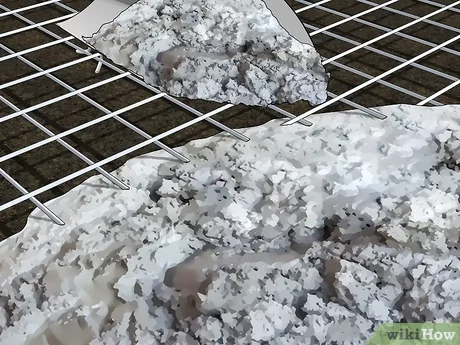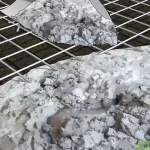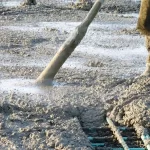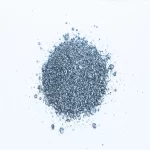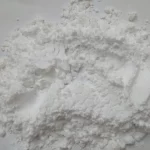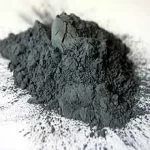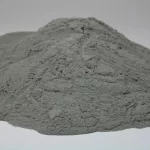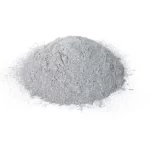
China additives to make concrete stronger factory
China additives to make concrete stronger factory
Unveiling the Benefits of Additives to Make Concrete Stronger:
Additives to make concrete stronger offer a range of remarkable advantages that make them indispensable for achieving robust concrete structures. Let’s delve into some key benefits of these additives:
Increased Compressive Strength:
One of the primary benefits of using additives to make concrete stronger is the significant increase in compressive strength. These additives enhance the binding properties of the concrete, resulting in higher resistance to compression forces. Consequently, concrete structures fortified with these additives exhibit improved load-bearing capacity and enhanced resistance to structural failures.
Enhanced Flexural Strength:
Additives designed to strengthen concrete also contribute to improved flexural strength. By reinforcing the tensile strength of concrete, these additives enable it to withstand bending or flexing without cracking or fracturing. This property is particularly valuable in applications where concrete is subjected to high loads, such as in bridges, beams, and high-rise structures.
Improved Durability:
The use of additives to make concrete stronger enhances its overall durability and resistance to environmental factors. These additives can mitigate the harmful effects of moisture, chemical attack, freeze-thaw cycles, and abrasion. By reducing water permeability and enhancing the concrete’s resistance to deterioration, these additives extend the service life of concrete structures and minimize maintenance costs.
Enhanced Workability:
Certain additives to make concrete stronger possess excellent workability characteristics. They improve the flow and workability of the concrete mix, making it easier to place, shape, and finish. This property is particularly beneficial in complex construction projects that involve intricate formwork or require concrete to be pumped over long distances.
Applications of Additives to Make Concrete Stronger:
Additives to make concrete stronger find wide-ranging applications in diverse construction projects. Some of the key areas where these additives are utilized include:
High-Rise Buildings and Infrastructure:
In the construction of tall buildings and infrastructure projects, additives to make concrete stronger are instrumental in ensuring the structural integrity and longevity of the concrete elements. These additives enable the construction of robust foundations, columns, slabs, and other critical components, providing enhanced safety and stability.
Bridges and Highways:
Additives for strengthening concrete are extensively used in the construction and maintenance of bridges, highways, and other transportation infrastructure. They enhance the strength and durability of concrete pavements, bridge decks, and structural elements, enabling them to withstand heavy traffic loads, environmental stresses, and harsh weather conditions.
Marine Structures:
Concrete additives that enhance strength and durability are valuable in the construction of marine structures, such as ports, harbors, and offshore platforms. They protect concrete against the corrosive effects of saltwater, wave action, and harsh marine environments, ensuring long-term performance and resistance to degradation.
Industrial Facilities:
In industrial settings, additives to make concrete stronger are utilized to reinforce concrete structures that are exposed to aggressive chemicals, high temperatures, or demanding operational conditions. These additives enhance the chemical resistance, thermal stability, and mechanical strength of concrete, making it suitable for industrial floors, storage tanks, and containment structures.
